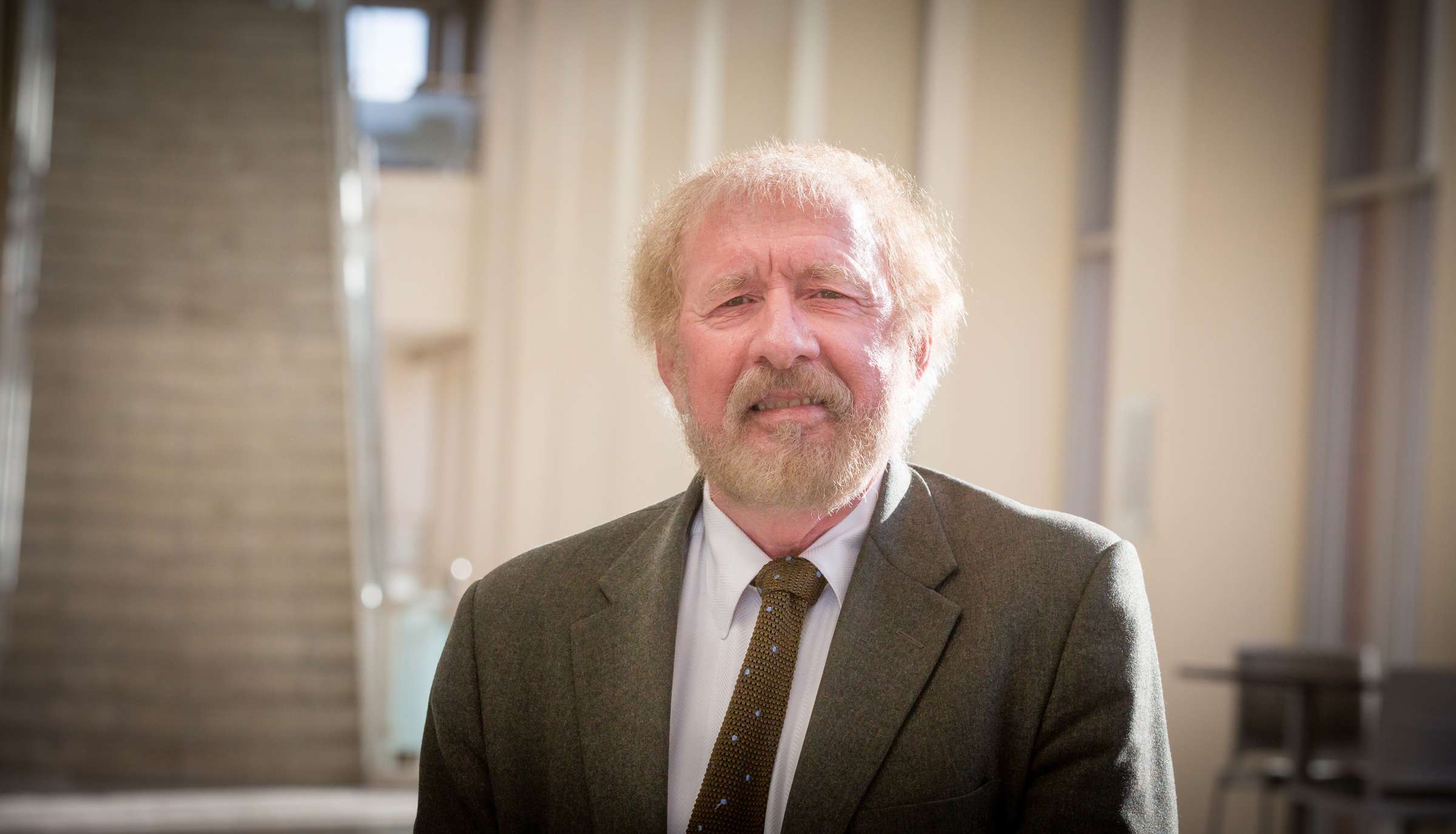
NICK GOSNELL
Hutch Post
HUTCHINSON, Kan. — Creighton University economist Ernie Goss believes that the student loan forgiveness plan from the Biden administration will have an impact on inflation.
"The expected $300 billion, which would now be, instead of the individuals paying off their loans to the government or other lending institutions, they will be buying other things, going out to restaurants or whatever," Goss said. "It will increase demand for those products and will add to inflation. Now, the impact is still up in the air, but it certainly will contribute to inflation."
Goss also can see how that might delay the return of some borrowers to the workforce.
"It certainly could have an impact on what we economists call the participation rate," Goss said. "We've already seen other programs, stimulus programs that had that same impact, encouraging individuals to engage in what we say, leisure, instead of working. The gap between what you get paid for leisure and not working and what you get paid for working is just too small."
Goss admits that higher education, including the school he works for, is complicit in the student loan debt problem.
"In my judgment, it's a real transfer of income, at least to universities," Goss said. "Universities have huge endowments and they continue, we continue, I'm part of that group, we continue our tuition. If you raise the lending to students, we tend to raise our tuition."
If the student loan forgiveness contributes to inflation as Goss expects, then it will likely take further work from the Federal Reserve in raising interest rates to get the economy to continue to cool down.



